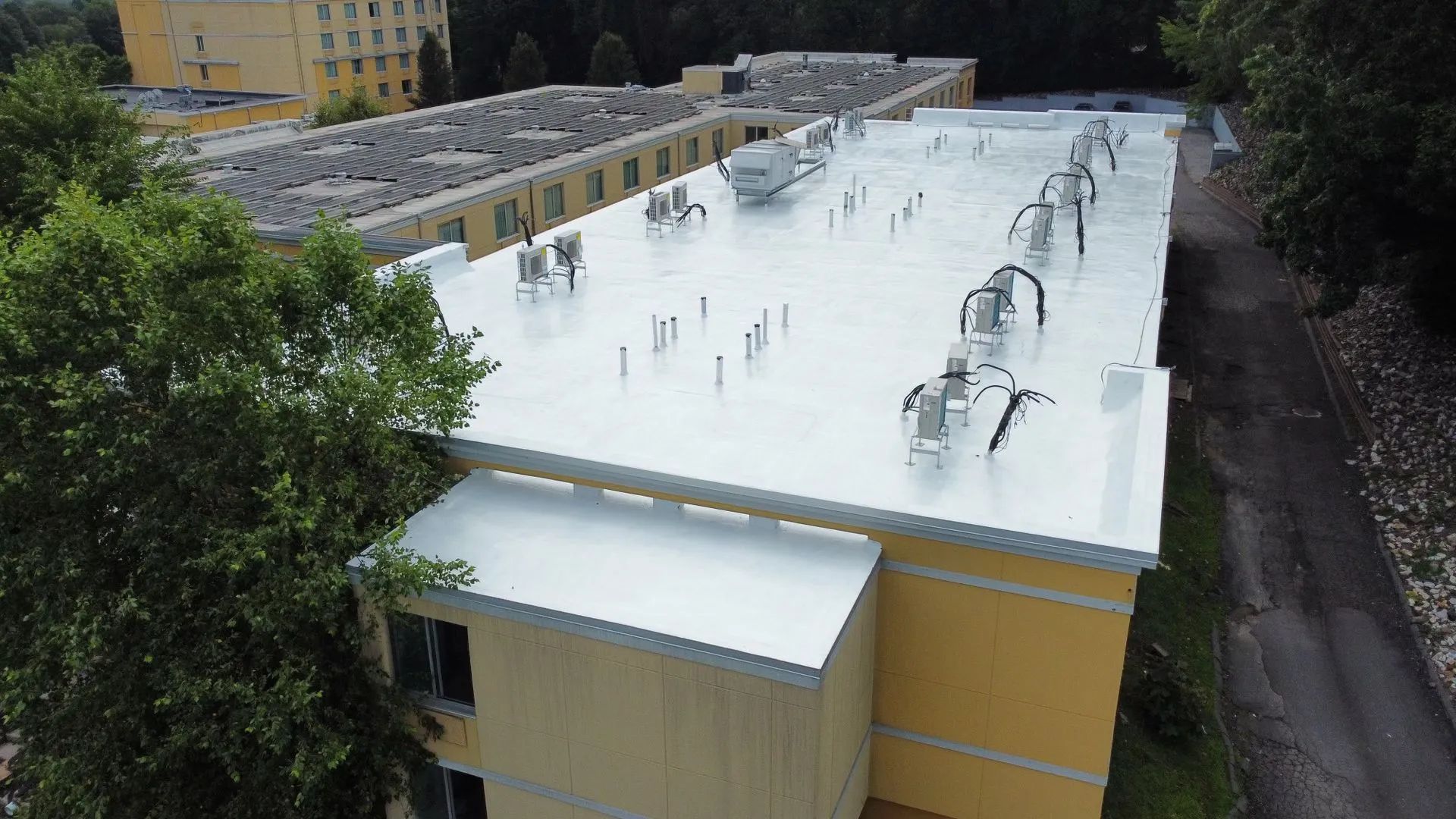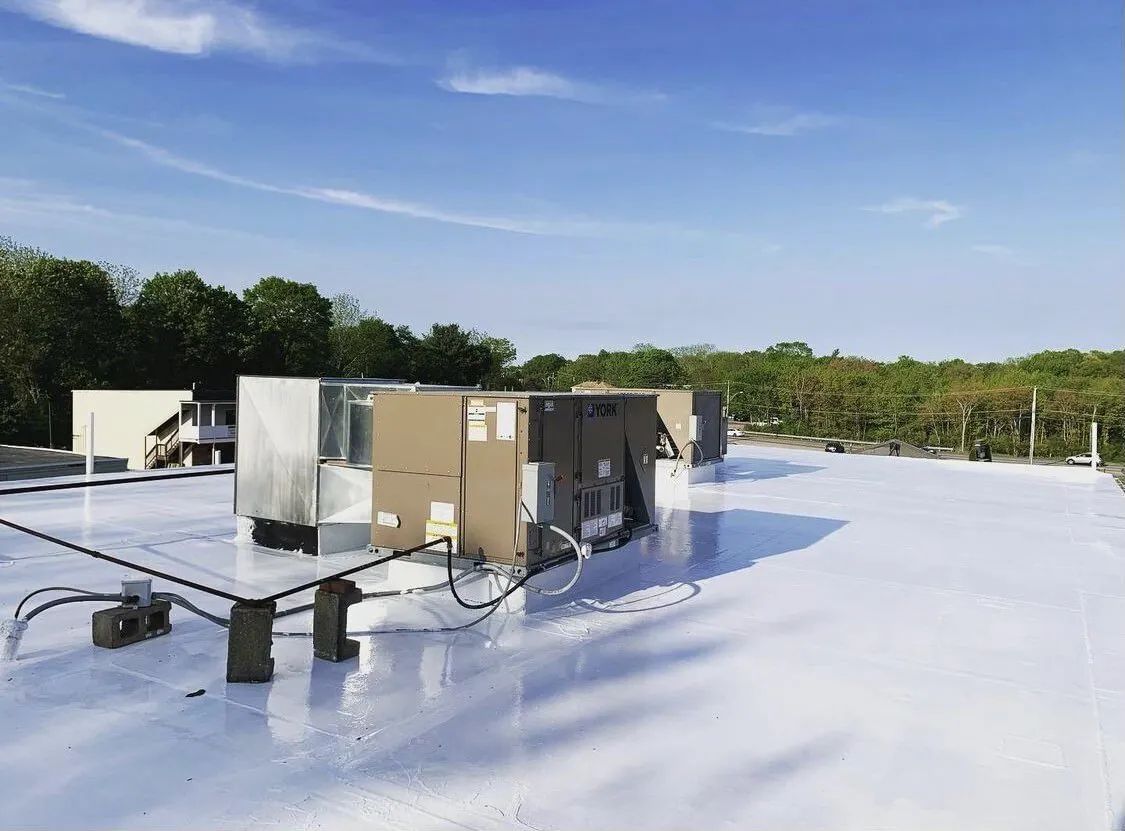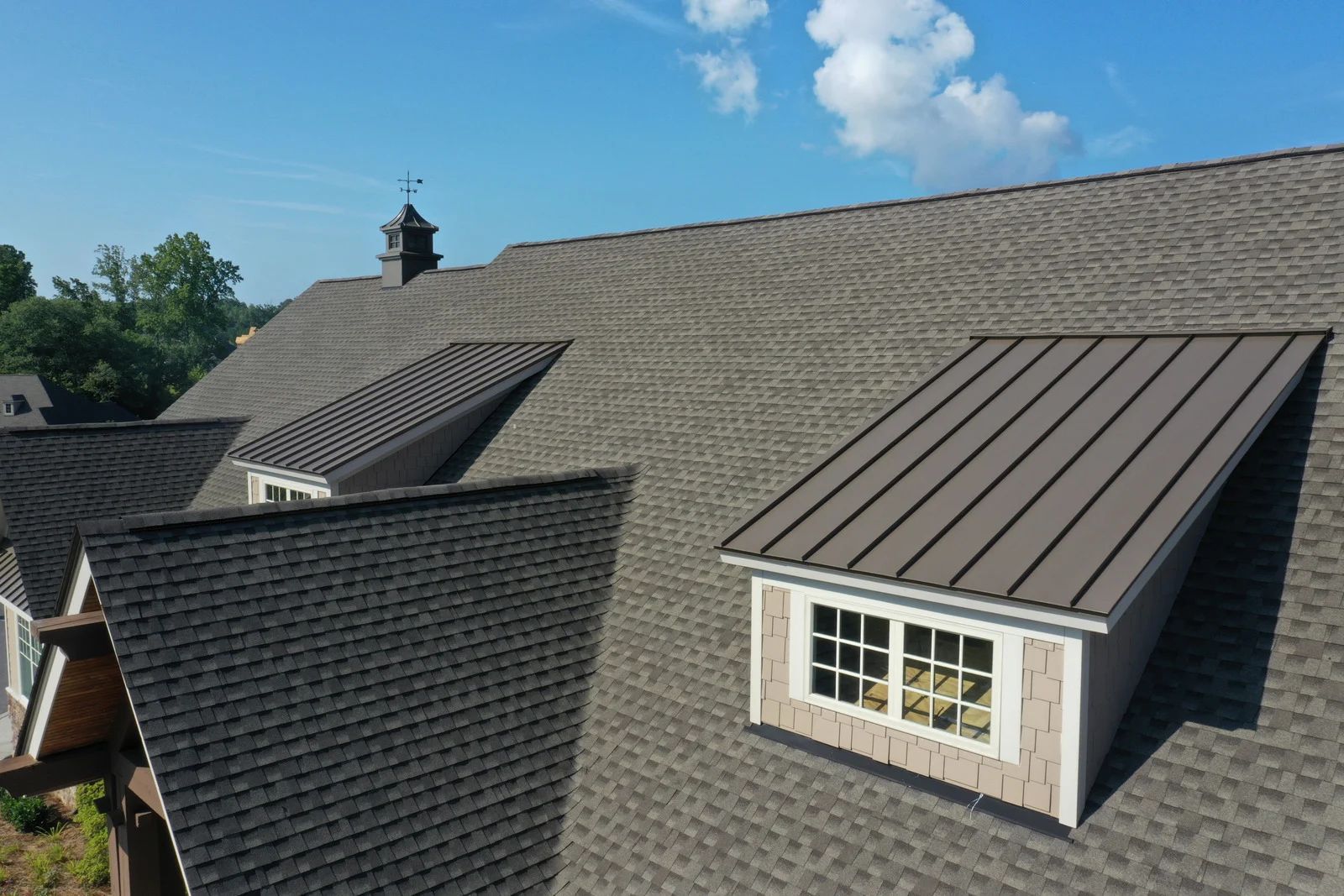The Lifespan of Asphalt Shingle Roofs: Factors That Make a Difference
Asphalt shingles remain one of the most popular roofing materials in the U.S. thanks to their affordability, ease of installation, and decent durability. However, their lifespan can vary greatly depending on multiple factors. On average,
asphalt shingle roofs last between 15 to 30 years, but not all shingles or installations are equal. If you're planning a roof replacement or just curious about your current roof’s future, understanding what affects longevity is essential. Let’s dive into the key elements that determine how long your asphalt shingle roof will last.
1. Shingle Quality and Type
The first and most obvious factor is the type and quality of shingles used. There are generally three types: 3-tab shingles, architectural shingles, and premium shingles. 3-tab shingles are the most affordable and offer a lifespan of around 15–20 years. Architectural shingles are thicker, more durable, and typically last 25–30 years. Premium shingles, often designed to mimic wood or slate, can exceed 30 years with proper care. Investing in higher-grade shingles upfront can mean fewer repairs and a longer service life.
2. Installation Practices
Even the best shingles won’t last if installed poorly. Proper installation ensures shingles lie flat, seal correctly, and provide full coverage. Inadequate nailing, poor underlayment, or incorrect flashing can lead to premature failure due to water intrusion or wind uplift. That’s why hiring experienced, certified roofing professionals is vital. A well-installed roof not only improves durability but can also impact your warranty coverage, as many manufacturers require certified installation for full warranty protection.
3. Climate and Weather Conditions
The local climate plays a significant role in how long your asphalt roof will last. In areas with harsh winters, frequent freeze-thaw cycles can stress the shingles and cause cracking. Meanwhile, intense summer heat and UV rays in warmer regions can degrade the material over time. The mix of cold winters, summer humidity, and occasional storms means your roof may face varied conditions. Shingles with higher impact and wind resistance will perform better over time in such climates.
4. Roof Ventilation and Insulation
Many homeowners overlook the importance of attic ventilation and insulation. Poor ventilation traps heat and moisture in your attic, leading to shingle warping, mold, and reduced shingle lifespan. Proper airflow helps maintain a balanced temperature beneath the roof deck, minimizing stress on the shingles. An adequately insulated and ventilated roof structure can extend the life of your shingles and improve overall energy efficiency, lowering cooling and heating costs as a bonus.
5. Maintenance and Roof Slope
Routine maintenance like cleaning debris, checking for moss growth, and repairing minor damages can significantly prolong your roof’s life. A neglected roof will deteriorate faster, even if high-quality shingles were used. Roof slope also plays a role—steeper roofs shed water more efficiently, reducing the risk of water infiltration and rot. Flatter roofs retain water longer, increasing the chance of damage. Both maintenance and slope are often underestimated but make a notable difference in shingle longevity.
Protect Your Investment with Trusted Roofing Experts
When it comes to maximizing the lifespan of your asphalt shingle roof, attention to detail matters—from the materials you choose to who installs and maintains them. At Pinnacle Roofing
in West Haven, CT, we’ve been helping homeowners protect their properties for 30
years with expert roofing solutions tailored to local conditions. Whether you need an inspection, repair, or a complete replacement, our team is here to help. Contact us today to ensure your roof stands the test of time.




